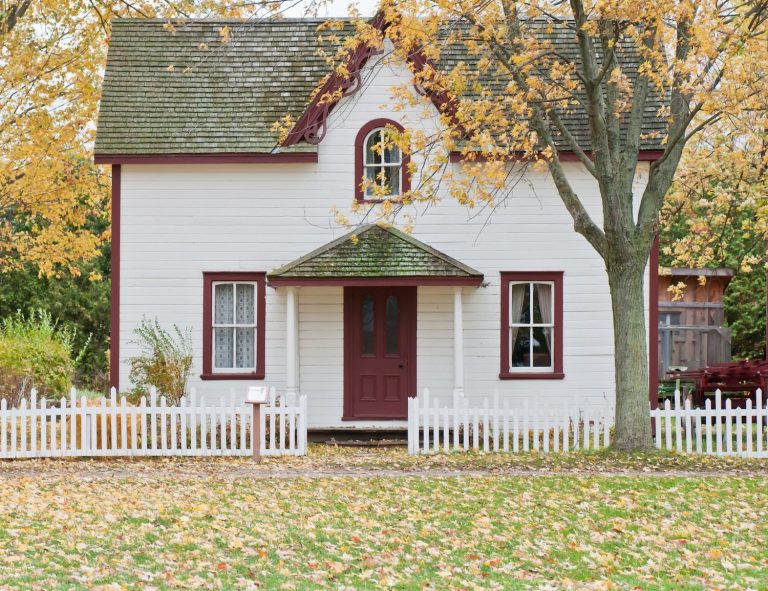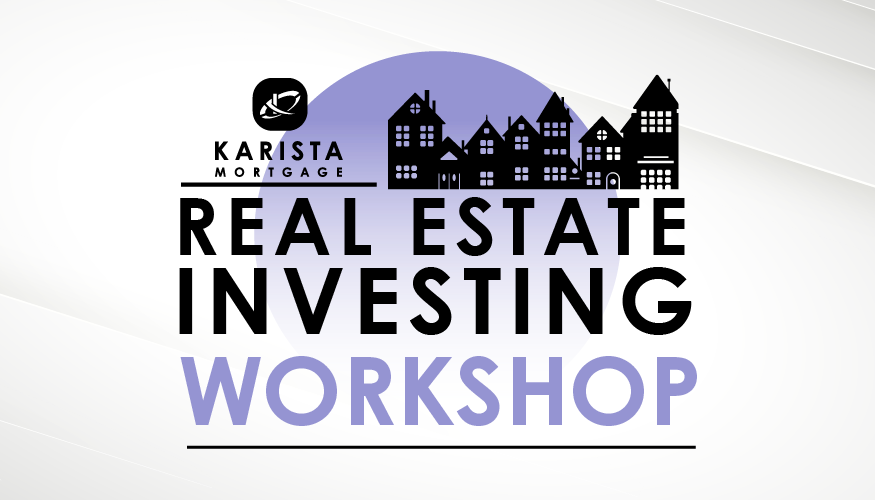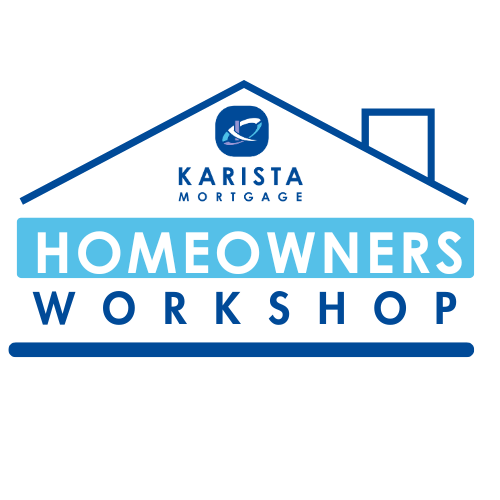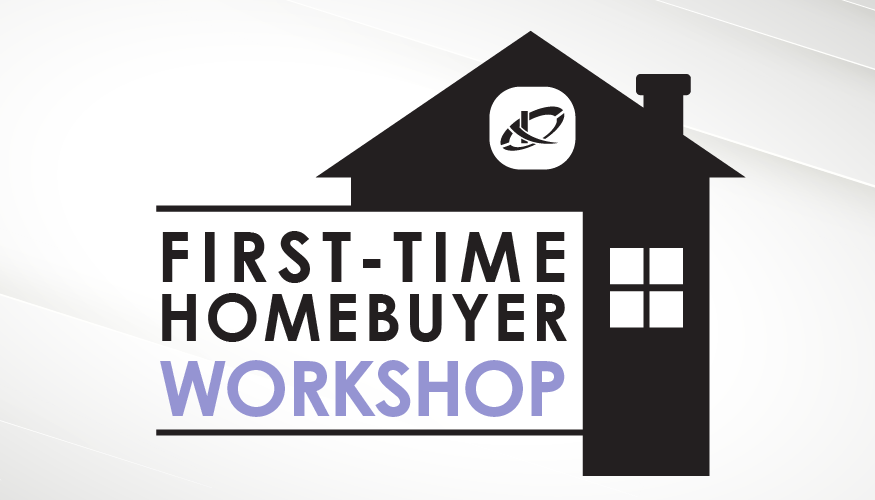
Homeownership is an exciting adventure for anyone intending to have a place to call home. Before a decision is being made in purchasing a home a lot of factors need to be considered before taking this huge step.
People purchase a home for various reasons such as: pride of home ownership, for investment, to create more wealth, legacy for children, to stop throwing money away in rent and to stop making their landlord richer over time. The bigger the reason the bigger the motivation. Other important considerations are how soon would you like to have your home, what is the maximum monthly payment are you willing to invest regardless of how much you are approved for, which City would you like to live in, how many bedrooms is ideal for you, and what type of property would you like to live in. Canadian homes come in variety of shapes, sizes and expenses. Here is list of what you should be aware of.
Types Of Homes:
Apartment Suites
Apartment suites likewise called “condominiums, exist in multi-unit structures. These structures may comprise of just a bunch of units or they could be elevated structure towers. The idea is that you own a part of the apartment suite unit and not the whole building or the land. You pay month to month charges to a strata company that handles upkeep and repairs as required. Condos or apartments are alluring to first-time homebuyers since they are generally one of the more affordable alternatives.
Townhouse
A townhouse is a home joined next to each other to a progression of different homes. Every unit has its own entrance with a common wall.
Semi-Detached or Duplex
Semi-detached homes have separate land and isolated passageways but in most cases share a common wall that divides the houses and also a common parking area. Ownership is limited to the side of the building chosen individuals.
Single / Detached
A Single/Detached home is as the name suggests; detached. You possess the land what’s more, the home. Since you are in charge of all related costs and it is not shared, it has a tendency to be the most costly kind of lodging. The advantage is that you have more space and more control.
When you purchase either an apartment or a townhome, be prepared to pay a monthly strata or monthly maintenance fee for the upkeep of the entire complex, including the outside of all the units, the electricity, plumbing, gardening, parking area, garbage etc. You don’t have to pay this fee when you purchase a semi-detached or single detached home.
One thing to remember though duplex and single detached homes are usually more expensive and unaffordable for a lot of people. Also, if the value of the property that you are buying is $1,000,000 or more your required downpayment automatically jumps to 20% i.e. $200,000 for a $1,000,000 property.
Most Canadians do not have this kind of money unless they sold a property. If you are feeling discouraged never fear. Just like you had to go through elementary and high school before you went to university, consider owning an apartment as your first step in this home ownership journey. Real estate values double every 10-12 years, therefore, after owning your apartment or townhome, eventually you will have enough downpayment to be able to afford a bigger home.
In Canada, home purchase is considered a big investment and this is a result of the cost of home ownership. The average home purchase price in Canada is currently at $480,743 according to Canadian Real Estate Association, although this stipulated amount varies from region to region. Due to the high costs of home ownership in Canada it is always advised for first-time homebuyers to apply for long-term loan from a bank that uses the home as security i.e. mortgage.
The journey to homeownership is a stressful and overwhelming one and if not properly guided people are prone to making the wrong decisions in their choices and approach to it. With a little planning and guide intending homeowners can be able to get their desired home and a place to call their own without much issues.
What You Need To Consider:
Affordability
One of the major things to consider when purchasing a home in Canada is your income. Before you start searching for a home you should put into consideration the mortgage payments that you can be able to afford. There are multiple mortgage calculators to help in estimating the home affordability for you in case you become confused.
Considering this factor will help you in the long run not to run into debts as this will balance both your basic needs and your lifestyle needs. Also the house budget plays an important role when it comes to affordability. Take note: Home Inspection, Legal Fees, Land Transfer Taxes, Property taxes, Property Insurance, Mortgage Insurance, Home Maintenance and Repairs etc. should also be budgeted for.
Savings Plan For Down Payment
To purchase a home in Canada a 5% down payment is necessary for houses valued up to $500,000 to help reduce the amount of mortgage payments paid regularly later. To aid in an increase in your down payment there are several steps to follow that would help, such as:
- Setting up an automatic savings plan
- Setting up a Tax-Free Savings Account (TFSA)
- Usage of the RRSP Home Buyer’s Plan is also vital, for more info contact any local advisor.
If you are purchasing for more than $500,000 the rules are different. Down payment becomes 5% of the first $500,000 and 10% of anything above $500,000. Hence the down payment for a $600,000 home is $25,000 for the first $500,000 and then $10,000 for the next $100,000 = $35,000. If your purchase price becomes $1,000,000 then the minimum down payment immediately jumps to 20%. If your purchase price is over $1,500,000 please talk to your mortgage expert because the rules change dramatically with each lender.
Another major expense to prepare for is Land Transfer Tax or Property Tax. This is different for each province, therefore it’s important to talk to somebody who is familiar with how this is calculated. Again speak with your mortgage expert to make sure you have enough money to cover this upfront investment.
Analysis Of Mortgage Options
Mortgages vary and are of different rates so a selection of the best option will depend on your budget, situation, goals and basic necessities. In addition to these primary factors there are others to be considered when selecting the type of mortgage that fulfills or satisfies your needs. For instance determination of whether the mortgage is a fixed or variable rate mortgage and also if it’s an open or closed mortgage would also play a vital role in the choice of mortgage you take.
If your 20% down payment for a conventional mortgage is not available, this can lead to a high ratio mortgage. If your down payment is less that 20% of the value of the home, a mortgage default insurance allows for a reduced amount in down payment. While considering your mortgage options it is important to choose mortgage consultants with extensive experience. They would help you in making wise mortgage decisions and also guide you in building your down payment and check for any special savings/rebates that would benefit you as a first-time home buyer in Canada.
Mortgage Pre-Approval
A mortgage pre-approval is important as this indicates a readiness for home purchase. This pre-approved mortgage is a sign of commitment by the bank to accept your request for loan. This pre-approval puts you in a strong position to bid for any home of your choice. This is not a full approval but if you are working with an experienced mortgage consultant you most certainly are 95% approved. The 5% depends on the quality of the property you are purchasing. This pre-approval comes with no obligation or cost, and the amount required and Interest rate would be made known to you. This commitment lasts for 120 days.
If you are working with a professional mortgage expert they will make the time to conduct a full pre-approval. Some banks will only do a pre-qualification which doesn’t guarantee that you will get an approval when you find a home that you love. Given a choice between a pre-approval or a pre-qualification, you would definitely want the former vs the latter.
Selecting A Good Realtor
Choosing a good realtor will help in an enjoyable home buying experience. A good realtor will play the role of a personal advisor, consultant and negotiator. A good realtor would also help in selection of homes that fit your budget, preference and needs. Hiring a realtor is free for you as a buyer. Three things you have to ensure though is that the realtor is referred by somebody who used their serviced, they are experienced and most importantly they have a strong history of lifetime support while you own your home.
Selecting A Lawyer or Notary
You will require the services of a Lawyer or Notary to execute the mortgage and to transfer title ownership to you. It’s always important again to work with somebody who is referred and experienced. Do not just choose somebody cheap from the yellow pages. You always get what you pay for. Cheap is usually more expensive.
Ready For Purchase
If you are working with experienced professional mortgage consultant, realtor and lawyer or notary, your purchase experience will flow smoothly. This is because they will make sure they get rid of all the impediments, pitfalls and ensure that you avoid most common mistakes homebuyers make.
Purchasing a home can be stressful because there’s a lot of things you don’t know that you don’t know. Remember, a man can do any what if they have a strong enough why. No matter how stressful it can be, it’s all worth it the end because you are achieving something that you set as truly important to you.







